Weeknotes 228; reckonsGPT and the truth in inconvenience
reckonsGPT and the truth in inconvenience
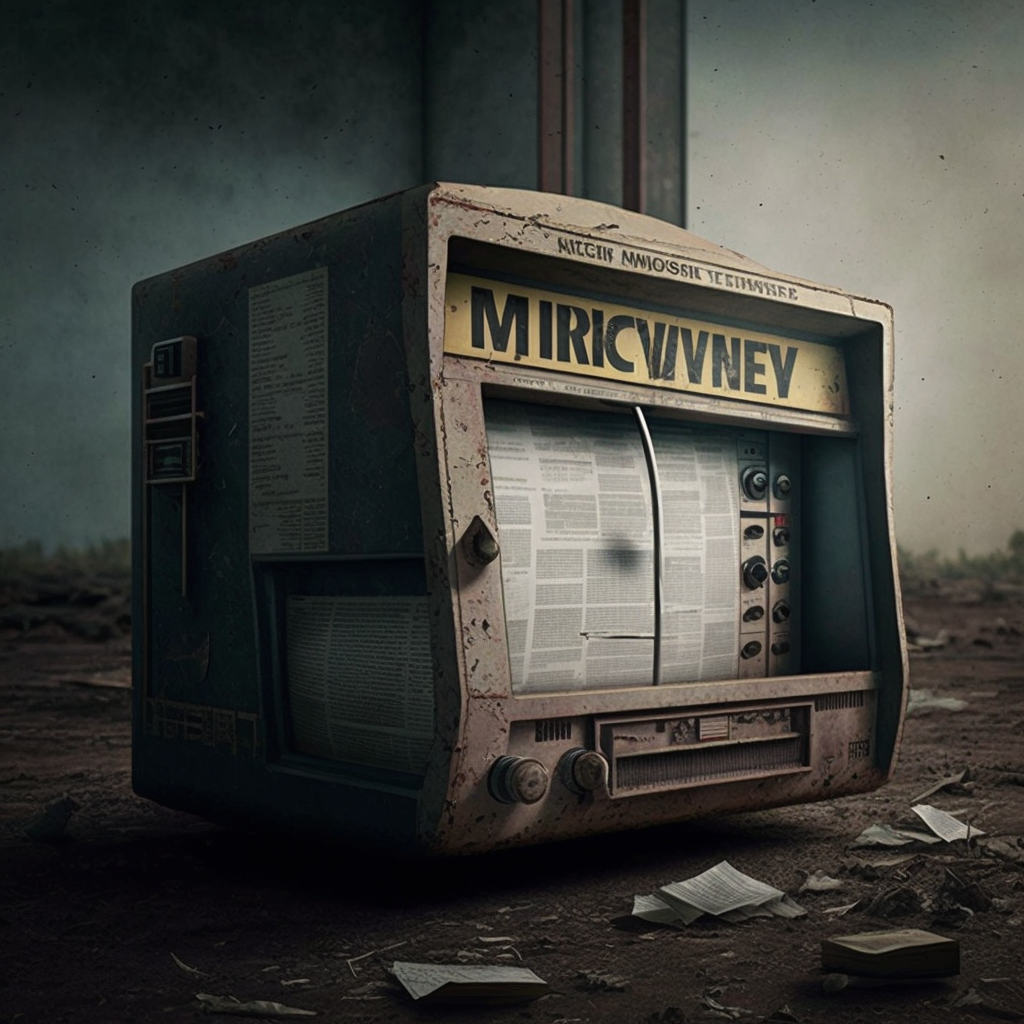
Hi all!
Welcome (again) to this weekly update newsletter. For those who are relatively new; (almost), every week, I capture interesting news on human-tech relations, from robotics to intelligent systems and protocol economy to … what catches my eyes. I also check interesting events that I might visit (if I have the time), so they are mainly in the Netherlands or online. If I manage to visit, I will try to share some impressions. And I share every week a paper that got my attention or I read before.
As my weeks are rather busy working at the startup Structural and running some research projects around Cities of Things, and organising ThingsCon events in the leftover time, the reading list is for a large part ‘hope to read’, but I always try to capture the gist of it at least. :-)
Enough for this extended introduction. I did not attend an event (only one movie). Happy to have a new student team and graduation student starting at the Lab010 Wijkbot project. I will keep you posted on this for sure.
Events for the coming week(s)
I bumped into this: “The Role of Mathematics in Solving the World's Main Challenges”,; which sounds potentially geeky. Or too serious…
A bit further into the future: Mozfest will be held end of March. Last year I liked the broad mix of topics and engagement. Trustworthy AI is an on-topic theme, of course. Navigating the programme is always a challenge.
Earlier is Sensemaker DIY—this Wednesday.
The impact of Augmented Reality… It is a topic that can be interesting from a conceptual level or too focused on finding new applications for existing media… I hope this one will be more than the first.
Into Techart? v2 in Rotterdam has a new expo on NewArt with a finnissage this Saturday.
One of my favourite critical artists and writers on tech impact - James Bridle - will talk about the state of the internet 9 March in Amsterdam.
News of interest from last week
Since I use Ghost as a tool for this newsletter, the appearance of the news items is a bit different. I was typing my thoughts in the captions, but I like to try another format, doing it as normal text mixed with the links; let me know if you have a preference…
Filtering news with algorithms or communities, or both has always been a thankful service for startups. Some succeed, and others disappear silently. There is a new kid on the block with a famous founder duo: the founders of Instagram. I still remember how I was enthusiastic at the beginning of that little app about the different angles of the filters of photos. Way before it became a social media… Listening to the interview with the founders, they look for a similar approach with Artifact.news. I have to say, the first week of use is promising…

With all the fuss on Sydney, Bing, OpenAI, ChatGPT, it will keep delivering many articles. It is also more than ever before mainstream news. AI is driving everything, even if the service is already machine-based, like the AI DJ in Spotify.
The Verge is tracking how AI chatbots are rewriting the internet in a good old Dossier. And is publishing a lot. Like: Would ChatGPT control your smart home? And Snaptchat releasing an AI chatbot.
It might be no surprise that China is restricting access to ChatGPT.
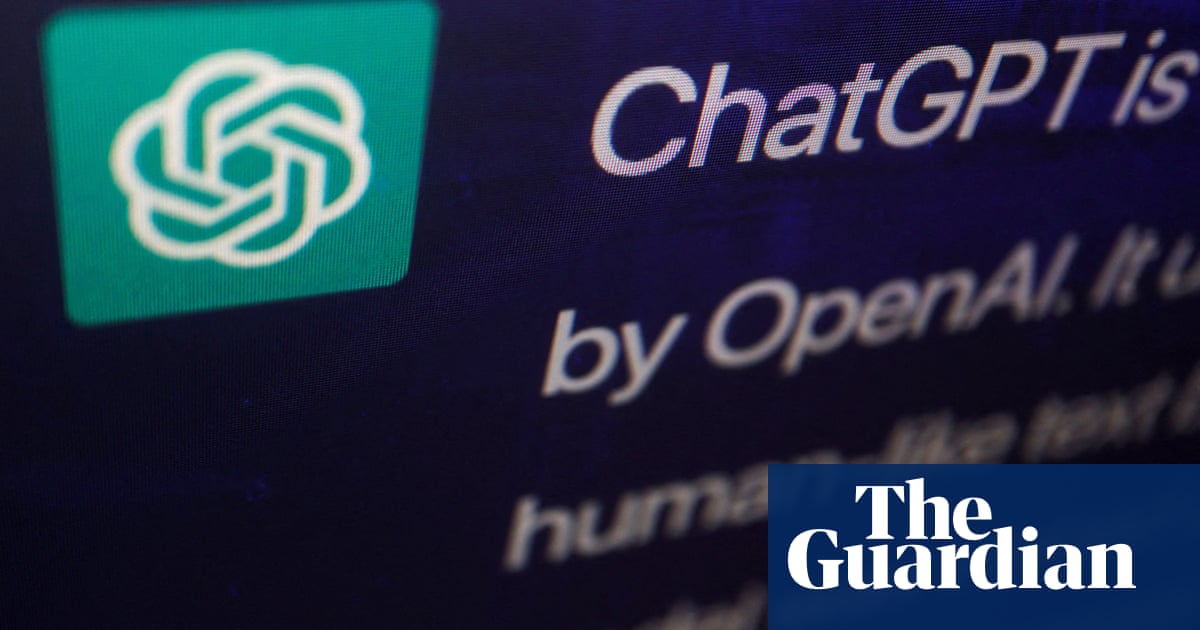
Matt (and Tobias) has a great angle: ReckonsGPT “The main thing that learned UX and research colleagues investigating how it might be productised seemed clear on was that we have to remind people that these things are incredibly plausible liars.”
Steven Sinofsky is one of the nestors of Silicon Valley and also explored the impact of the current AI wave.

A climate researcher is presented with a mirror from her research by the Shuttershock AI tool, which is not comforting…

All these artificial conversations and AI helpers are rather data-heavy. No wonder AWS is looking into new services specifically for AI. Partnering with pioneer Hugging Face.

“Our mission is to ensure that artificial general intelligence—AI systems that are generally smarter than humans—benefits all of humanity.” OpenAI is in the meantime planning for AGI (Artificial General Intelligence) and promising to do this only with the goal of “benefiting all of humanity.” Not so sure…

A new set of guidelines for Generative AI aimed to be more transparent industry wide

Another way is to look at art. Critical art. And new types of critiques. Like an AI reviewing an AI work…. “Overall, “Unsupervised” can be seen as a post-colonial critique of the role of technology in shaping our understanding of the world and the ways in which this process is often mediated by Western perspectives and interests.”
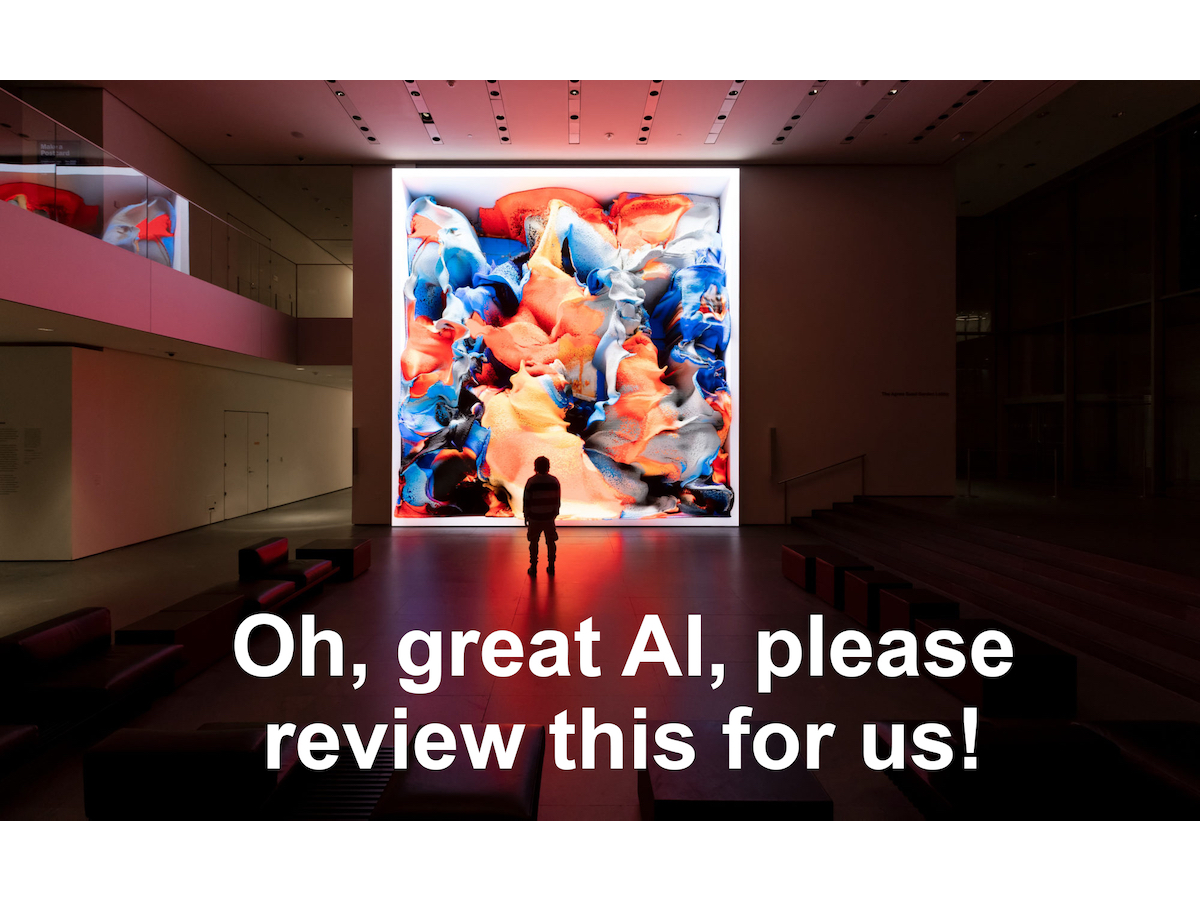
Meta is entering the AI arms race, too: “In particular, LLaMA-13B outperforms GPT-3 (175B) on most benchmarks, and LLaMA-65B is competitive with the best models, Chinchilla70B and PaLM-540B. We release all our models to the research community.”
.png)
More critique: “The worst human impulses will find plenty of uses for generative AI.”
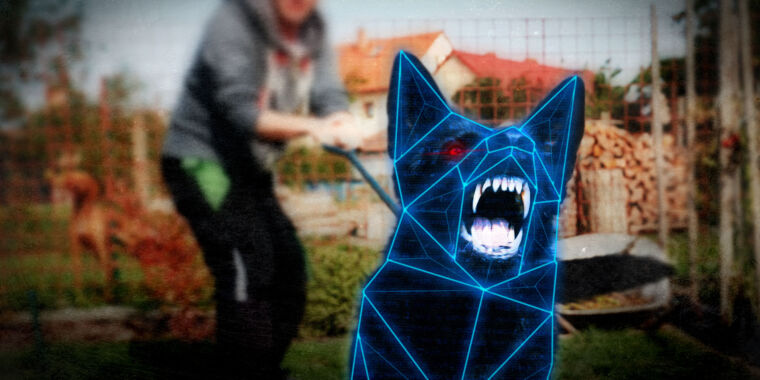
Truth in Inconvenience: “What do ZIRP, the AI panic, and the meaning crisis have in common?” (behind a paywall, I think)
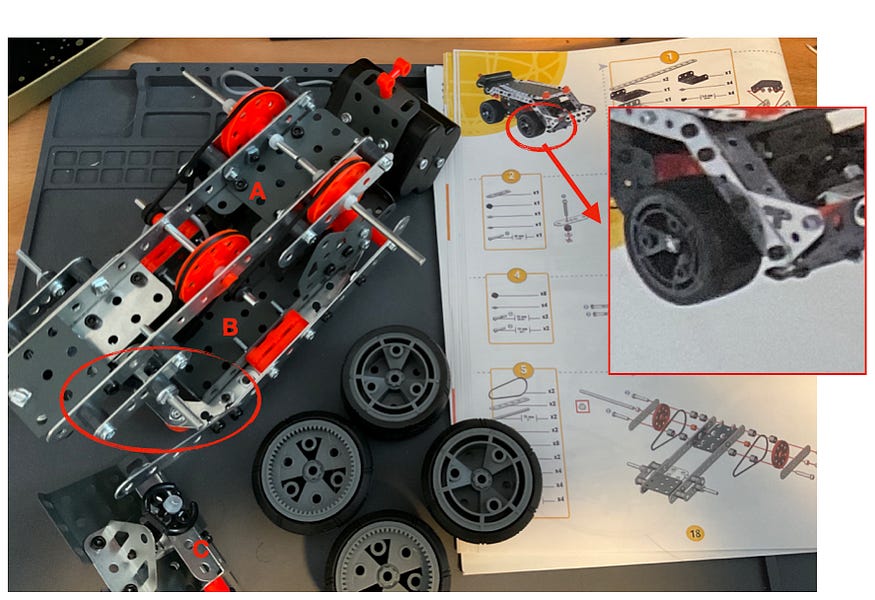
Report on the Future of Human Agency “Experts are split about how much control people will retain over essential decision-making by 2035, as digital systems and AI spread.”
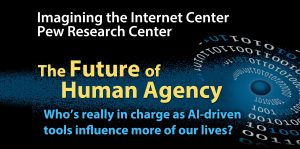
Welcome to the Golden Age of Clichés; “Chatbots can’t think outside the box, unleashing even more nonsense filler words onto the world.”

Are you surprised that Meta is creating a kind of kinetic fingerprints from VR experiences?
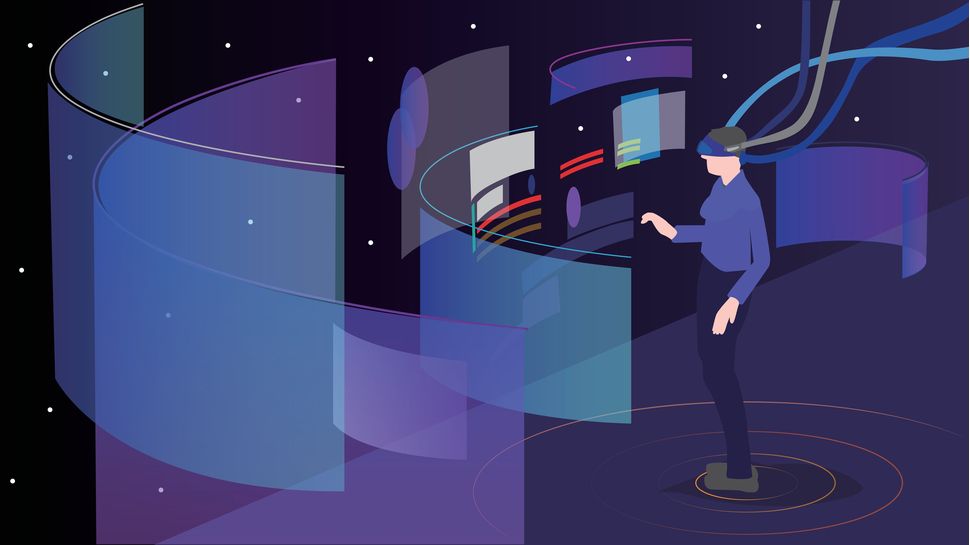
Something else, but slightly related: making tech more transparent. Matt is tinkering with hyperlinks. Can we make hyperlinks signal about the locations it is referring to? I had to think about the Edit wear and Read Wear paper.

A round-up on some robot news: flexible e-skin could spur soft machines that sense, Alphabet is shutting down another robot project, robot window washers for skyscrapers.
And designerly: MabLab, the Power of Minimalist Maps. “Gorman’s maps have a recognizable minimalist style, as the name “barelymaps” would suggest, giving an artistic take on geography by playing with shapes and colours to highlight what’s most unique and memorable about a place.”
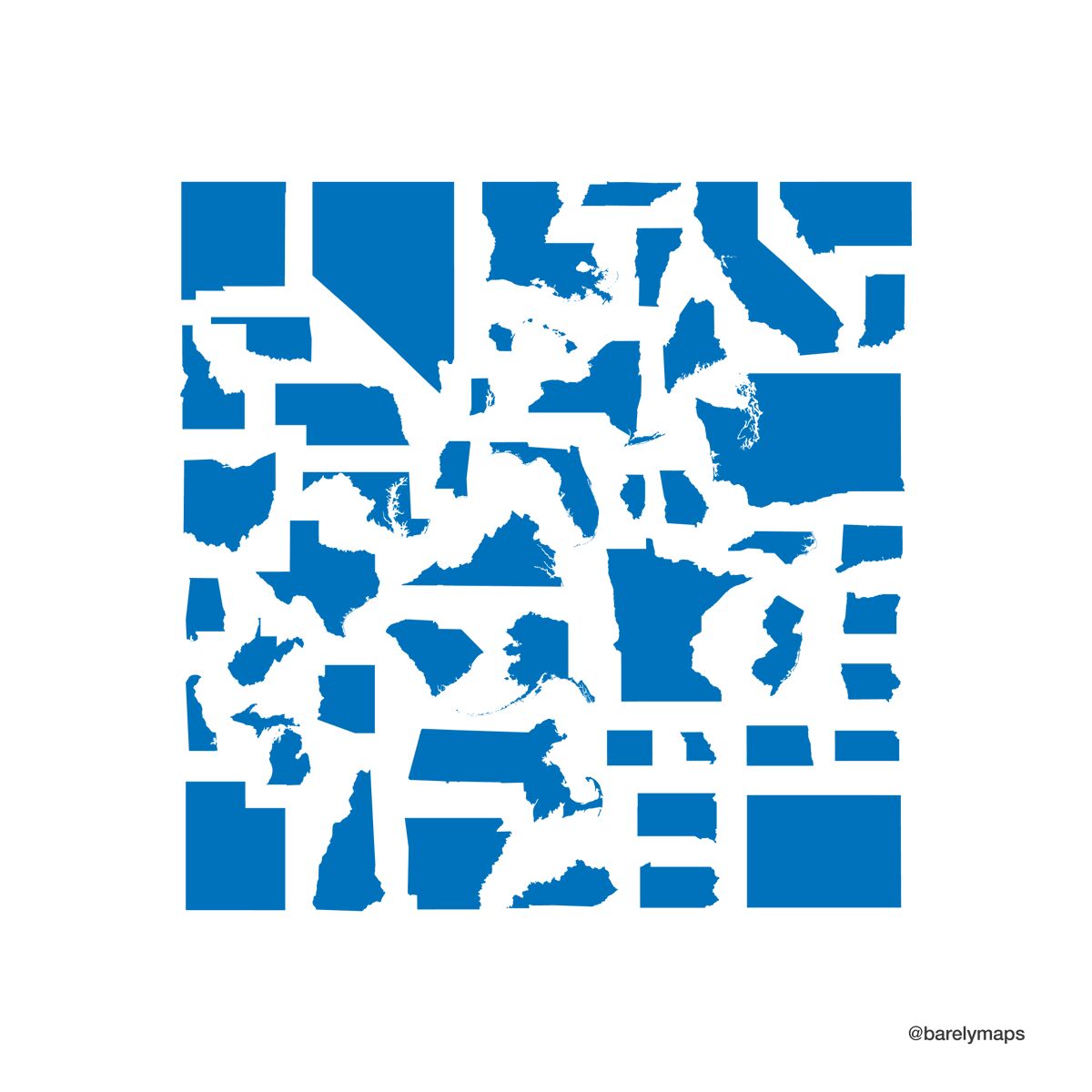
And to close, a burning question: what’s the killer app for Web3?

Paper for this week
What is the impact of all these generative AI on the rights of artists? It is a hot topic now in the juristic discourse, now, there is a tool made to find potential infringements. As a research project, GLAZE: Protecting Artists from Style Mimicry by Text-to-Image Models.
“Recent text-to-image diffusion models such as MidJourney and Stable Diffusion threaten to displace many in the professional artist community. In particular, models can learn to mimic the artistic style of specific artists after “fine-tuning” on samples of their art. In this paper, we describe the design, implementation and evaluation of Glaze, a tool that enables artists to apply “style cloaks” to their art before sharing online.”
Shan, S., Cryan, J., Wenger, E., Zheng, H., Hanocka, R., & Zhao, B. Y. (2023). GLAZE: Protecting Artists from Style Mimicry by Text-to-Image Models. arXiv preprint arXiv:2302.04222.Chicago
Link https://arxiv.org/pdf/2302.04222.pdf
So far, for this week. See you next week!













